Bath Vs Shower: Key Benefits, Drawbacks, And How To Choose
Discover the differences between the two to decide which one is right for you.
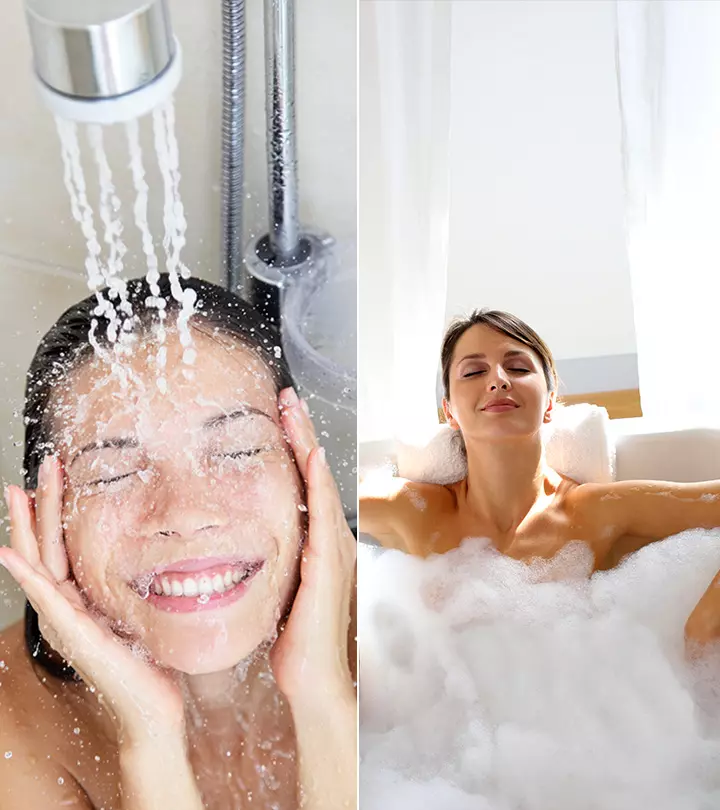
Image: ShutterStock
The bath vs. shower debate always brings out some interesting pointers. The proponents of each method swear by their benefits. However, there are a lot of us who still do not know what exactly the difference between the two is. If we look into history, people used to bathe in rivers, ponds, and lakes. Eventually, bathtubs came into the scene. Over time, showers also started getting popular as it is a space-saving and quick way to bathe.
Even if all these are just ways to clean your body and groom yourself, there are differences between taking a bath and a shower. This article will help you learn about the benefits of each method and help you choose the best one for you. Keep reading.
 Trivia
TriviaIn This Article
Shower Vs. Bath: Is There Any Difference?
Yes. The basic difference between baths and showers is how the body is cleaned.
A bath usually involves soaking and washing your body in a tub. On the other hand, a shower provides a steady spray of water through a faucet to clean oneself.
A shower is different from a bath in terms of the water delivery method, the amount of water needed, and the feasibility of usage.
 Did You Know?
Did You Know?While both methods of bathing are suitable for maintaining daily hygiene, cleanliness, and provide relaxation to the body, it is important to understand their benefits and drawbacks to decide which one is best for you.
Key Takeaways
- Bathing involves soaking and washing the body in a tub, whereas, in showering, the body is cleaned with a steady spray of water.
- Bathing has therapeutic effects, and it improves the quality of sleep and skin health.
- A shower can soothe itchy skin and has a relaxing effect.
- You can go for a shower or a bath based on your skin type and skin concerns.
Benefits Of Having A Bath
1. Provides Therapeutic Effects

Hot tub baths can provide passive heat therapy, which helps relax your muscles and joints. Lying in a lukewarm bath can also help you destress.
Studies reveal hot baths are useful in burning calories, similar to what is observed after exercising (1). An hour-long soak in hot water is specifically considered beneficial for people who cannot perform daily exercises.
Hot tub therapy has shown a decrease in the blood sugar levels of people with type 2 diabetes mellitusi A condition where the kidneys produce a lot of urine and the body is unable to control the amount of glucose in the blood. (2).
2. Improves Skin Health
Although there is no research to support this claim, many skin care experts suggest hot to cold baths to boost your skin health. Hot baths help revive dull skin by increasing the blood flow to it, but this works only when a rich moisturizer is applied soon after bath without drying. Alternatively, a cold bath relieves inflammation in the skin, providing relief from allergies, rashes, hives, and bumpy skin. For the face, a hot water wash is said to open up clogged pores and help remove dirt and is a prerequisite for medical facials at clinics. Doing this on a daily basis may trigger rebound oil production and is therefore not advisable. Cold water splashes are advised for the ones with open pores, particularly to minimize their visibility.
3. Enhances The Quality Of Sleep

Nothing can beat the refreshing feeling of a good bath before sleep. Research shows that immersing in a bath before going to bed can enhance sleep quality, especially in older people (3).
Let’s now take a look at the cons of a bath.
Drawbacks Of Having A Bath
1. Dries Out The Skin
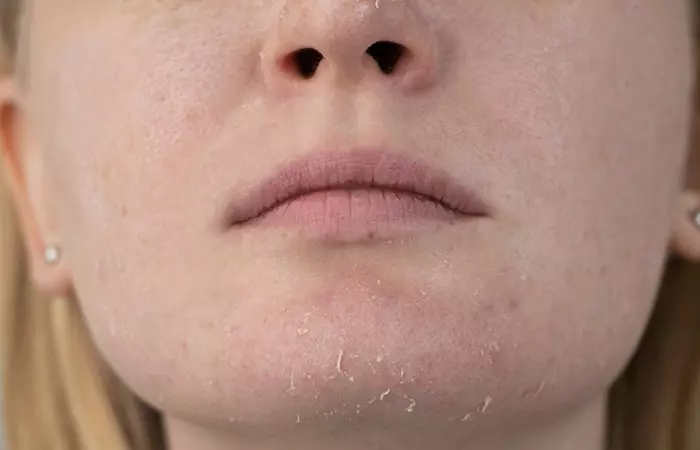
Prolonged bathing rituals can strip the natural oils of your skin, leaving it dry and dull. While warm baths are considered therapeutic, using very hot water may damage your skin and cause redness. The oils, perfumes, and bath soaks may irritate your skin and cause allergic reactions when used frequently.
2. Causes Itchiness In The Genitals
Extreme hot or cold tub baths can alter the natural pH balance of the vagina and vulva. It can further lead to bacterial infections like bacterial vaginosis (4). Therefore, avoid soaking in a tub for too long to preserve the natural balance of your vagina.
3. Increased Consumption Of Water
Having a bath is considered a luxury today when many countries struggle with issues like scarcity of water. The water usage in a bath as compared to a shower is higher, and this increased consumption is sometimes considered wastage. Luckily, using small capacity bathtubs can help in water conservation and still enjoy the perks of a steam bath.
4. Requires Lots Of Space
Installing a bathtub in your bathroom would require lots of space for it to fit in. People living in apartments generally do not have huge bathrooms. Therefore, it can be a little difficult for them to install a fully functional bathtub.
A shower is a quick way to rinse your body, which is why it is the most opted method of bathing in our fast-paced world.
Benefits Of Having A Shower
1. Soothes Itchy Skin

Itchy skin conditions, such as psoriasis and eczema, can benefit from a cold shower (5). Unlike a bath that strips natural oils and moisture from your skin, a cold shower benefits you by soothing itching, inflammation, and redness. Cold showers might also reduce the intensity of discomfort and the urge to scratch.
2. Provides A Relaxing Effect
The water from the shower falls on your body at a certain force, which provides a relaxing and massaging effect. You can also control the water pressure and flow as per your personal preferences and needs. This also makes it easier for you to shampoo your hair when compared to bathing in a bathtub.
Anecdotal evidence suggests that while showering, your brain receives electrical impulses, which stimulate the release of endorphinsi The chemicals (hormones) released by the body in response to pain or stress, exercise, or sexual intercourse. or ‘happy hormones.’ This, in turn, helps reduce stress and stress-related skin conditions, such as psoriasisi A skin condition that typically affects the knees, elbows, trunk, and scalp and results in a rash with itchy, scaly spots. , rosacea, and eczema. Your skin also becomes less prone to acne, hives, flare-ups, bumps, rashes, and breakouts.
3. Prevents Skin Aging
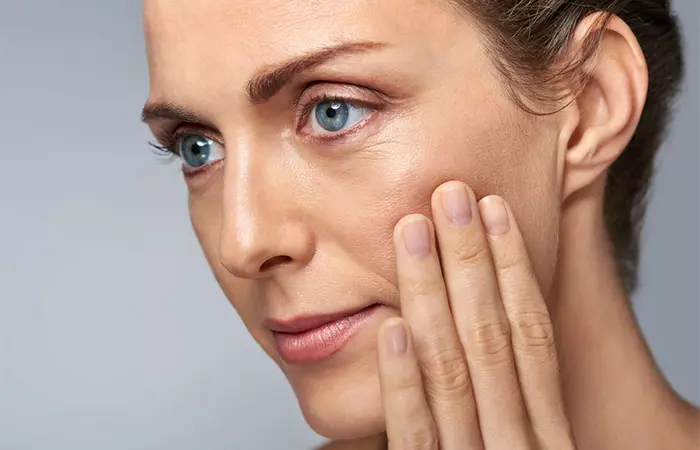
Taking showers regularly can help your skin stay younger and radiant for longer. It imparts vitality and brightness to your skin. Cold showers can tighten the pores and make your face appear less puffy.
Showering can improve accessibility and makes it more convenient for you to take some items from the bathroom rack. There is an increased possibility of slipping in bathtubs and it takes more time to bathe, making it a better option from a time management and safety perspective.
Showering frequently for long hours can aggravate dry and itchy skin conditions. Make sure you do regular plumbing and clean your showerhead frequently to keep the dirt and bacteria away and remove hard water buildup and soap scum. Cleaning your towels and bathrobe after 3-4 washes to keep your skin clean and prevent skin irritation and infection. Find out when you should avoid daily showers in the next section.
Drawbacks Of Having A Shower
While cleansing your body is important to maintain hygiene and improve your skin health, indulging in prolonged showers, especially in hot water, can lead to the following:
- Triggers dermatitis, eczema, and itchiness
- Leads to red skin, irritations, and chapping
- Kills the good bacteria on your skin
- Might sensitize your skin and damage its keratin
Note:
If you have dry, itchy, or sensitive skin conditions, do not shower for more than five minutes a day. Avoid hot water and follow up with a rich moisturizer immediately to prevent any damage. Also, avoid touching shower curtains while bathing as it can transfer the germs and bacteria to your skin.
Going through the pros and cons of baths and showers may have given you some idea of which method is better for your skin. If you are planning to move to a new house or just want to know what’s better between the two, then keep reading.
Bath Vs. Shower: What Is Better For You?
Both baths and showers are good for maintaining hygiene. However, overdoing any of these can reverse the beneficial effects. It is also important to evaluate your skin conditions while deciding the best method. Also, review your space and budget before choosing what works for you.
Matt McKenna, a blogger, expresses his love for baths and addresses the unnecessary debate between baths and showers. He emphasizes the personal, customizable, and relaxing nature of baths: “I feel weightless, physically, mentally and spiritually. My soul is lighter. My burdens are lifted. I’m free (i).”
Utkarsh Kaushik, a blogger, shares his journey of incorporating cold showers into his routine for nearly three years, highlighting its transformative impact beyond physiological benefits. He writes, “This sounds silly but being comfortable in the cold has given me a quiet self-confidence when starting new and difficult challenges.” He adds, “Maybe my favorite side effect if you will, but cold showers have definitely made me raise my overall standards (ii).”
The choice between a bath and a shower often depends on personal lifestyle habits and space availability. For those with limited time or small bathrooms, showers are more practical. On the other hand, baths offer relaxation but require more time and space. Additionally, individual health concerns, like joint pain or skin conditions, can influence which option feels more comfortable.
Infographic: What To Keep In Mind While Taking A Hot Tub Bath
Taking a hot tub bath has several benefits. It de-stresses you, improves your skin health, and helps you relax. Indulging in it the right way is essential to ensure you do not experience any adverse effects. In the infographic below, we have listed certain pointers to keep in mind while you take your next hot tub bath. Check them out!
Some thing wrong with infographic shortcode. please verify shortcode syntaxInfographic: What To Keep In Mind While Taking A Hot Tub Bath
Taking a hot tub bath has several benefits. It de-stresses you, improves your skin health, and helps you relax. Indulging in it the right way is essential to ensure you do not experience any adverse effects. In the infographic below, we have listed certain pointers to keep in mind while you take your next hot tub bath. Check them out!
Some thing wrong with infographic shortcode. please verify shortcode syntaxThe bath vs. shower can be an interesting debate as many of us are still unsure about the difference between the two. The key difference between the two lies in how your body is cleaned. A bath involves soaking and washing your body in a tub, while a shower provides water through a faucet. The water delivery method, feasibility of usage, and the amount of water required are a few factors that make them different from each other. However, excess of both can affect your skin and cause irritation. Therefore, keep in mind your skin concerns and lifestyle before choosing one.
Frequently Asked Questions
Which method is more environmentally friendly, a bath or a shower?
Showers generally use less water than baths, especially if kept short. However, using a water-efficient showerhead can further conserve water, making it a more eco-friendly option.
Can you take a bath on your period?
Yes, you can take a bath during your period. However, avoid using scented bathing products and soaps. Clean the bathing tub beforehand to avoid a risk of infection, and it is best to use a menstrual cup during bathing. This ensures proper hygiene and prevents leaking.
Which is better for relaxation, a bath or a shower?
A bath is more beneficial than a shower for relaxation as well as your physical and mental health (6). Regular immersion bathing provides a hyperthermic environment to the body that helps with increased blood flow and promotes relaxation.
Can taking a bath or a shower affect your skin and hair differently?
Anecdotal evidence suggests that both can significantly benefit your skin. However, you should not wash your hair in the bath, especially if you use bath soaks or bubble baths. The fragrances and colors from these products may dry out your hair follicles and cause damage. However, further research is warranted to support these claims.
How do you check the right temperature for your bath or shower?
Simply hold your wrist in the water. If the water temperature seems comfortable on the skin, you are in the right temperature range.
Illustration: Shower Vs. Bath: Benefits, Drawbacks, And Which Is Better
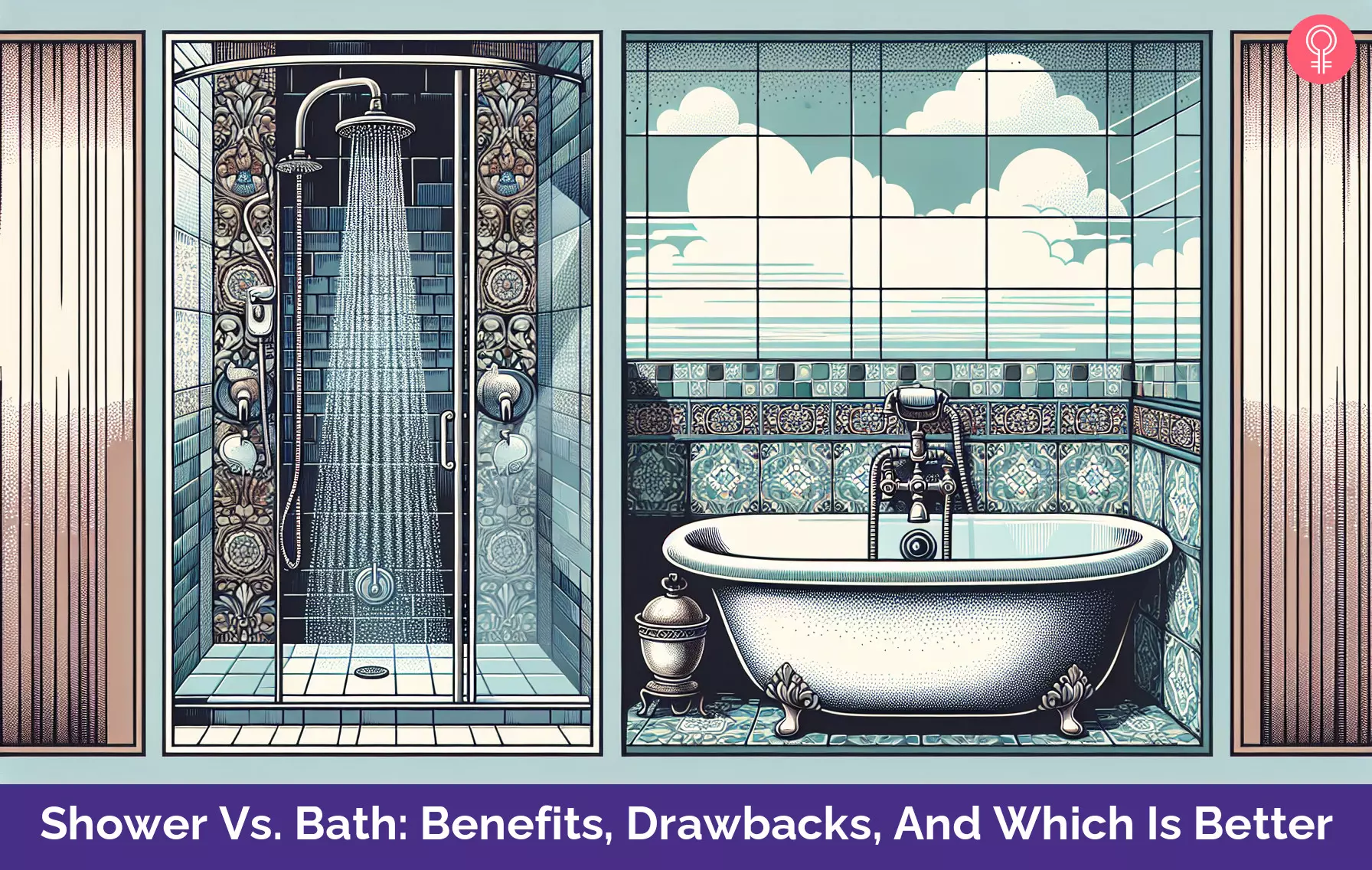
Image: Dall·E/StyleCraze Design Team
Are you a shower or bath person? It’s time to find out which is better for you! Watch this video to explore the pros and cons of each and decide which is the best fit for you.
Personal Experience: Sources
StyleCraze's articles are interwoven with authentic personal narratives that provide depth and resonance to our content. Below are the sources of the personal accounts referenced in this article.
i. 10 reasons I fucking love bathshttps://medium.com/@matthewjamesmckenna/10-reasons-i-fucking-love-baths-248a674e5f77ii. How 3 years of cold showers flipped my personality
https://utkarshfk.medium.com/how-3-years-of-cold-showers-flipped-my-personality-fe24a8596d7e
References
Articles on StyleCraze are backed by verified information from peer-reviewed and academic research papers, reputed organizations, research institutions, and medical associations to ensure accuracy and relevance. Read our editorial policy to learn more.
- The effect of passive heating on heat shock protein 70 and interleukin-6: A possible treatment tool for metabolic diseases?
https://www.tandfonline.com/doi/full/10.1080/23328940.2017.1288688 - Hot Tub Therapy for Type 2 Diabetes Mellitus
https://www.nejm.org/doi/10.1056/NEJM199909163411216 - Bathing before sleep in the young and in the elderly
https://pubmed.ncbi.nlm.nih.gov/10408315/ - Role of female intimate hygiene in vulvovaginal health: Global hygiene practices and product usage
https://journals.sagepub.com/doi/10.1177/1745505717731011 - The prevalence and clinical characteristics of pruritus among patients with extensive psoriasis
https://pubmed.ncbi.nlm.nih.gov/11069504/ - Physical and Mental Effects of Bathing: A Randomized Intervention Study
https://www.ncbi.nlm.nih.gov/pmc/articles/PMC6011066/
Read full bio of Dr. Sonam Jeswani Ramrakhiani
Read full bio of Arshiya Syeda
Read full bio of Ramona Sinha
Read full bio of Swathi E






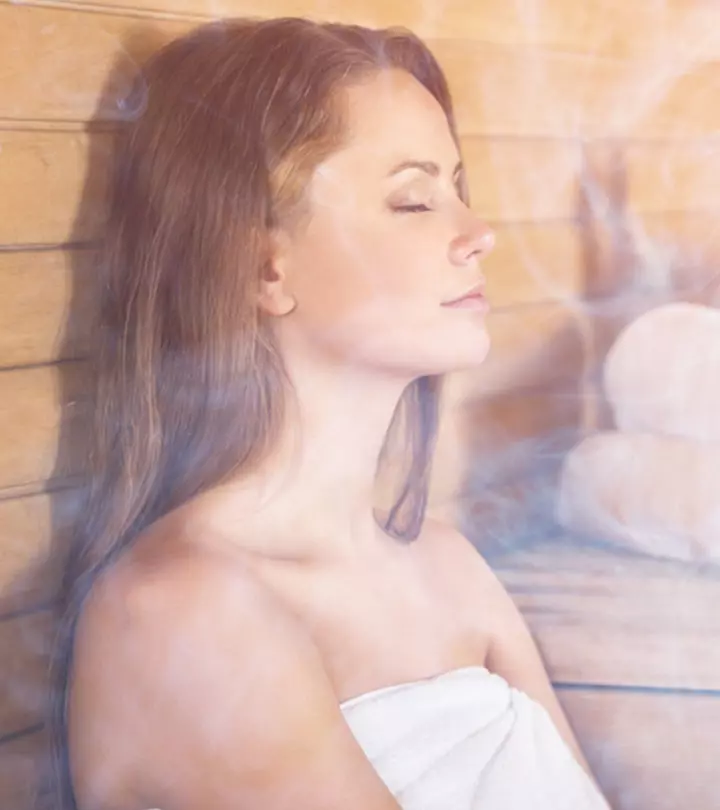
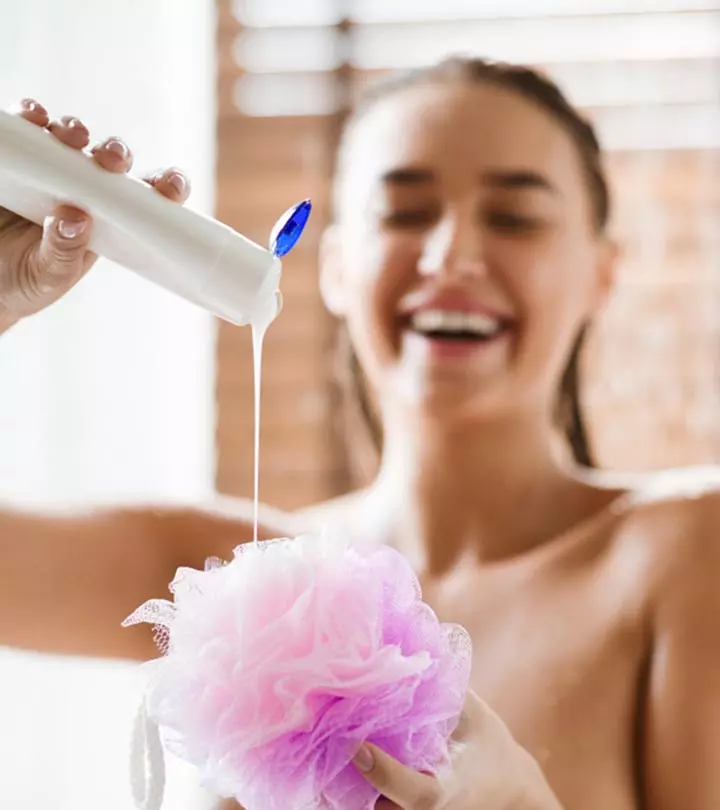


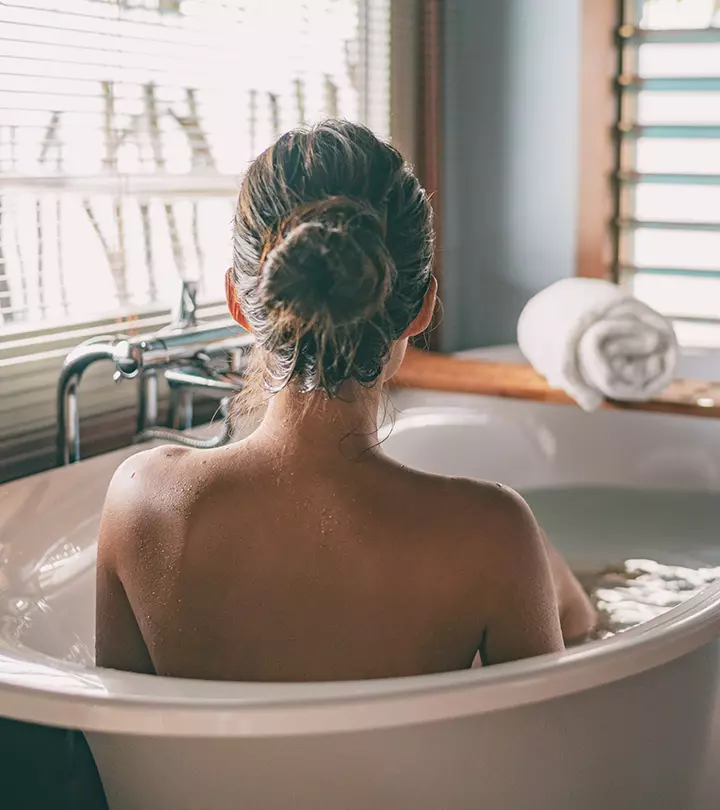
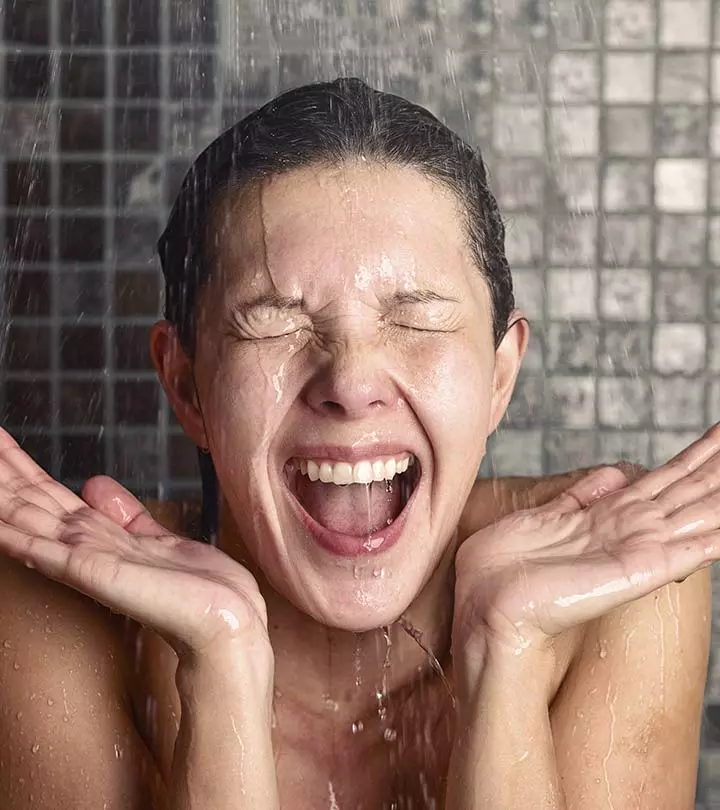



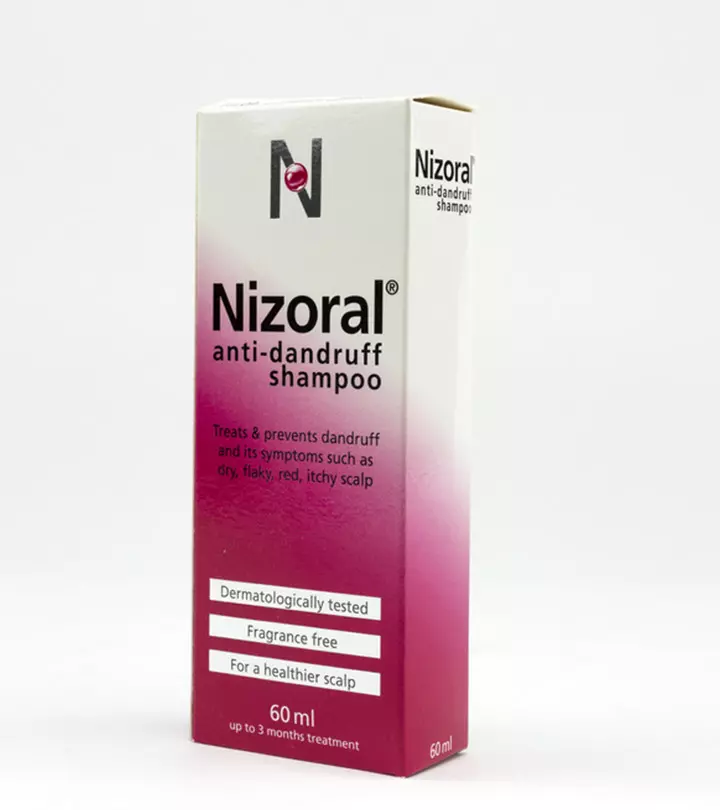
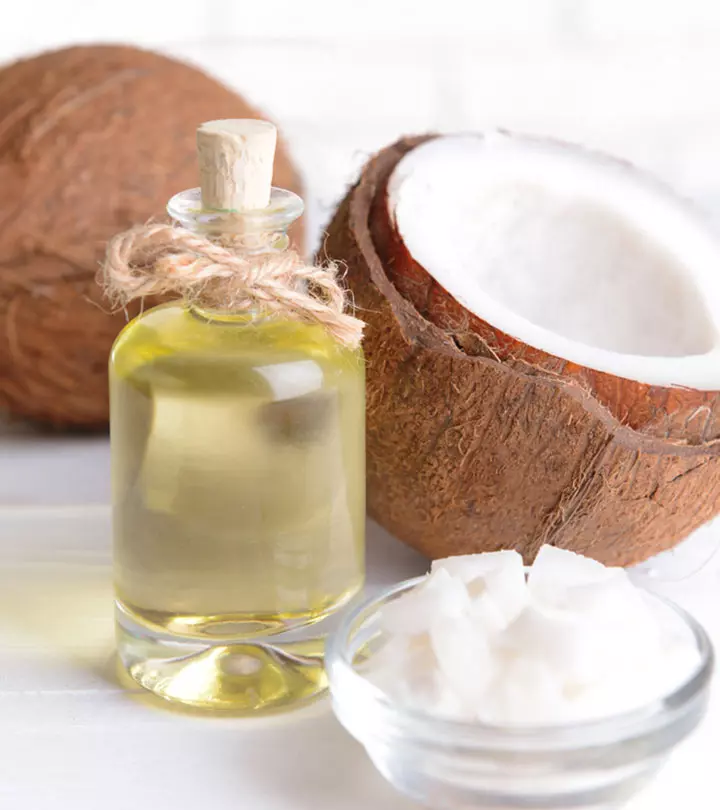
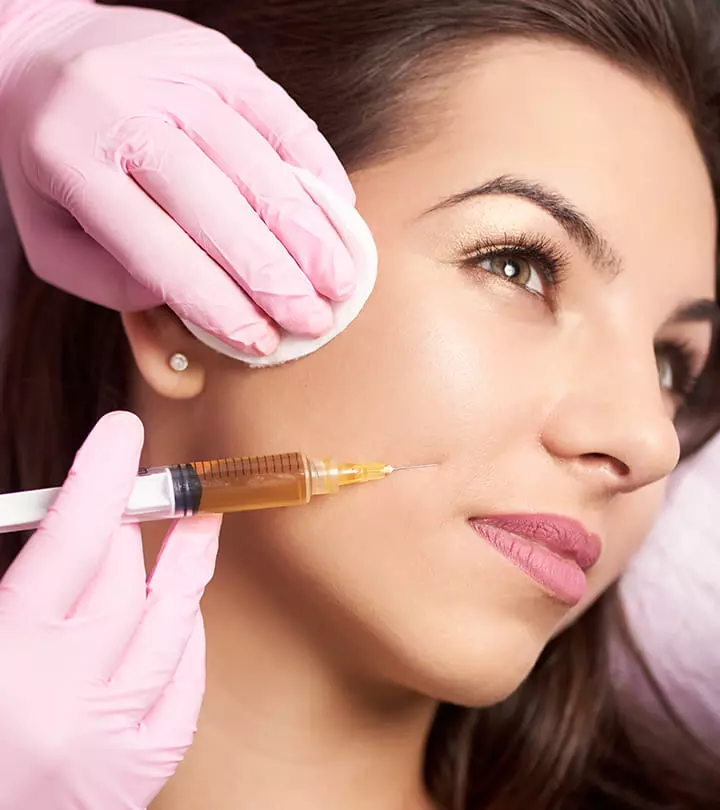
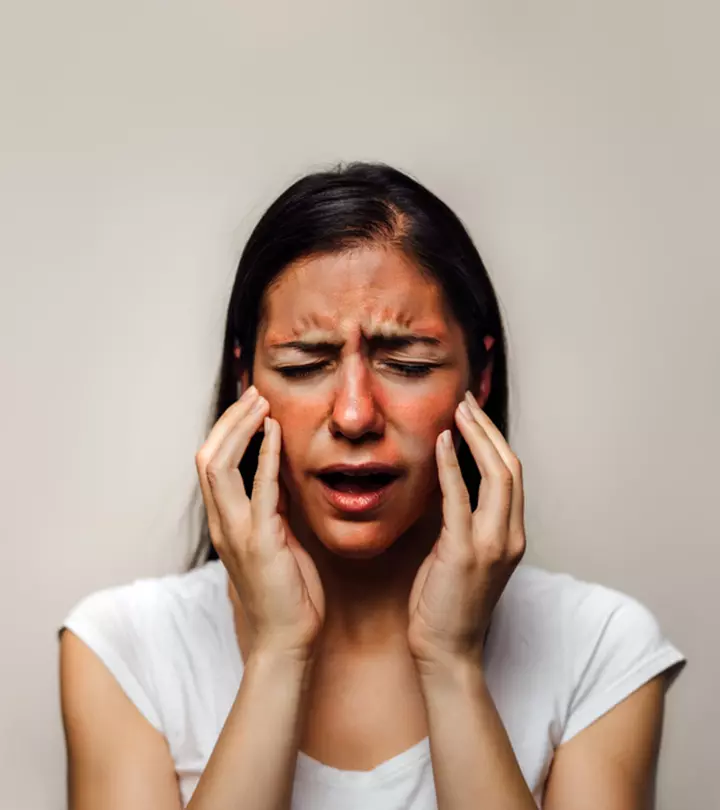
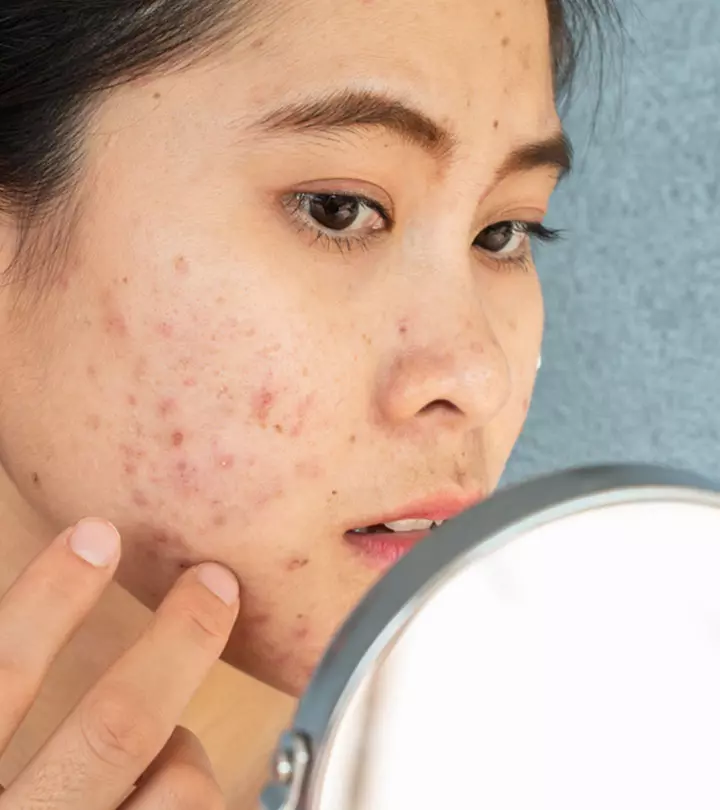
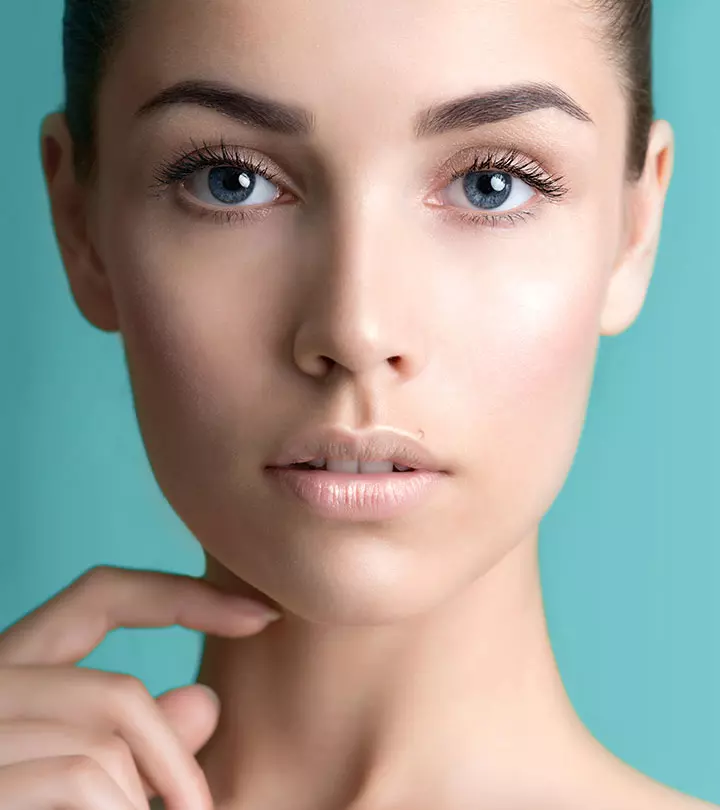
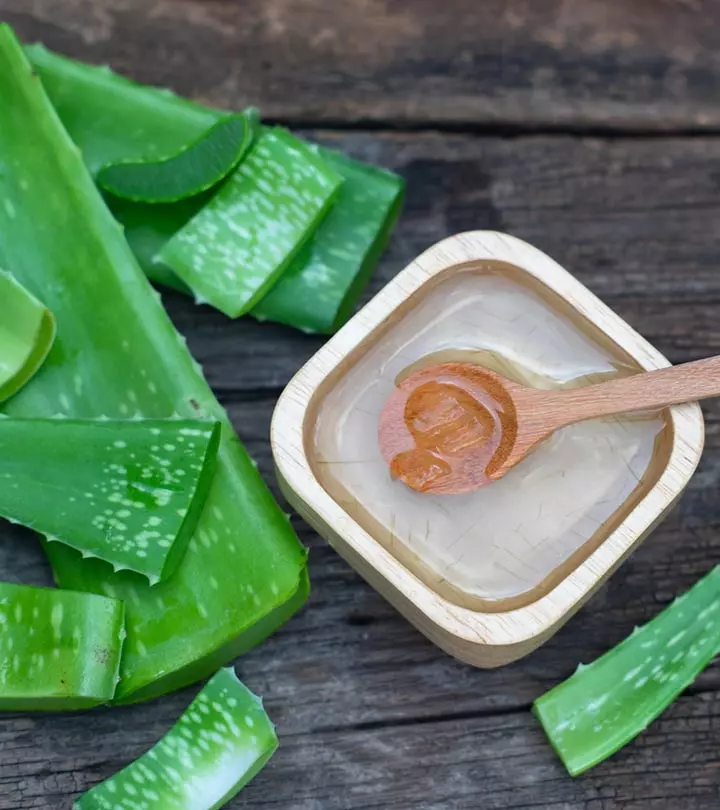
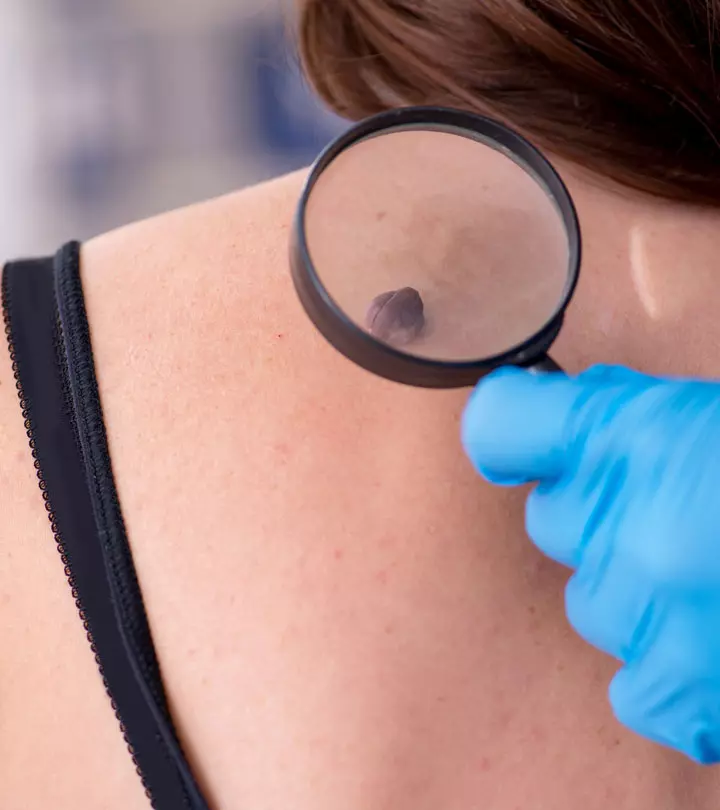


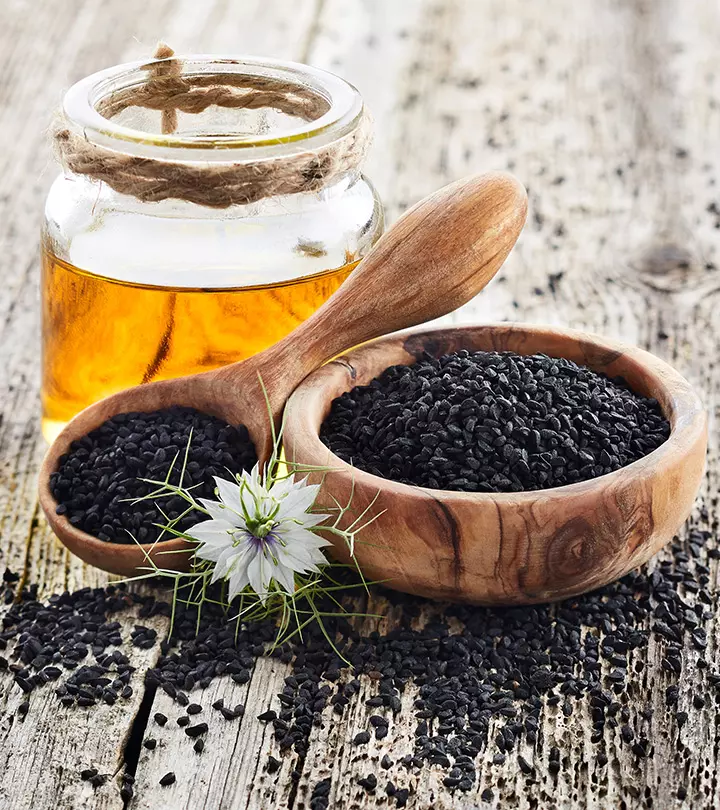
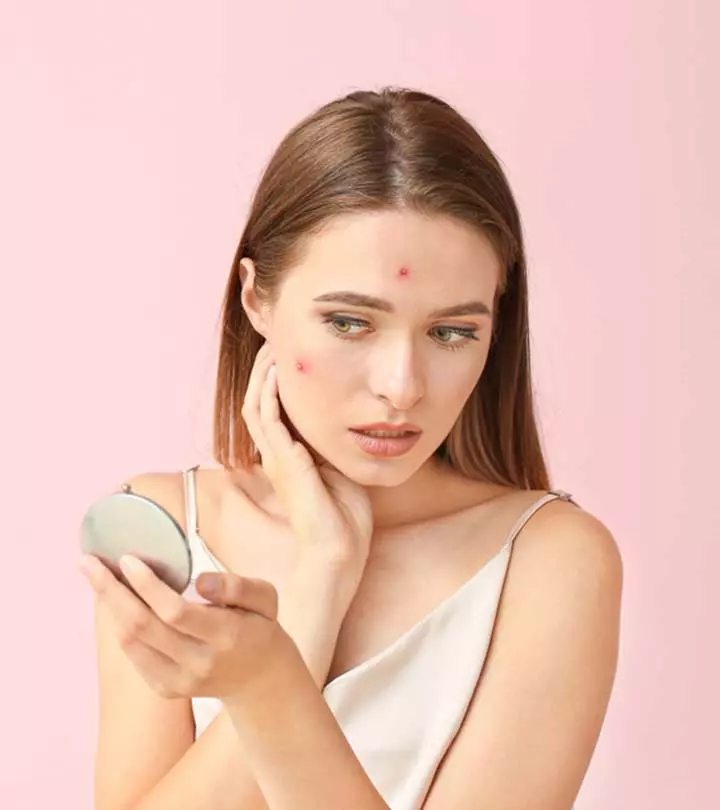
Community Experiences
Join the conversation and become a part of our empowering community! Share your stories, experiences, and insights to connect with other beauty, lifestyle, and health enthusiasts.